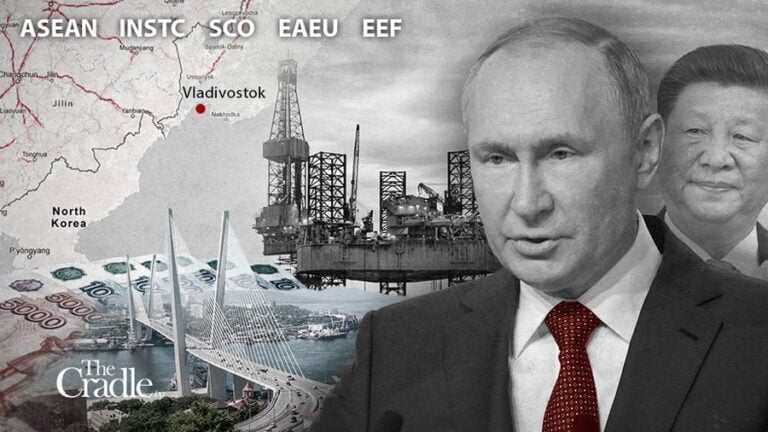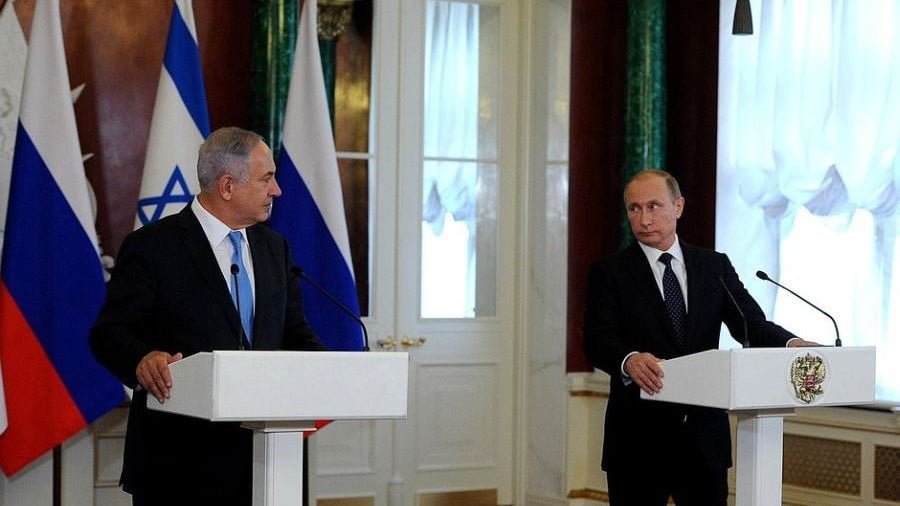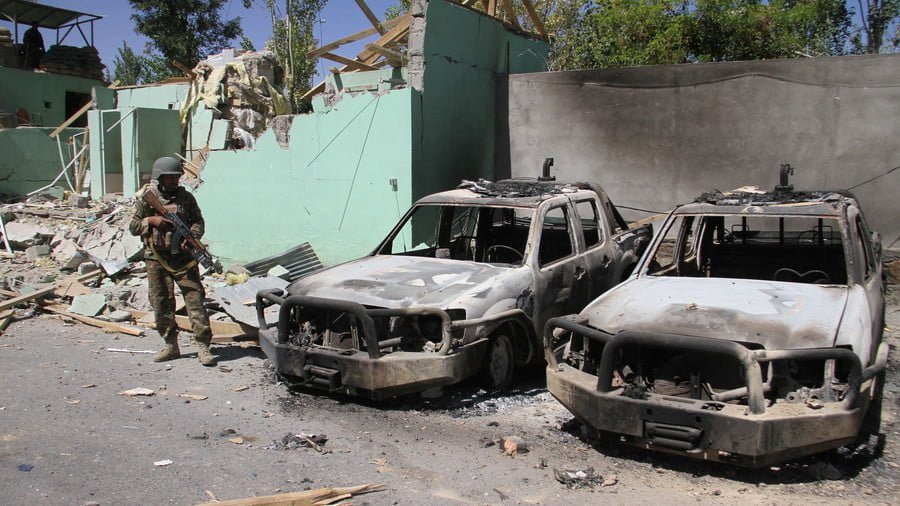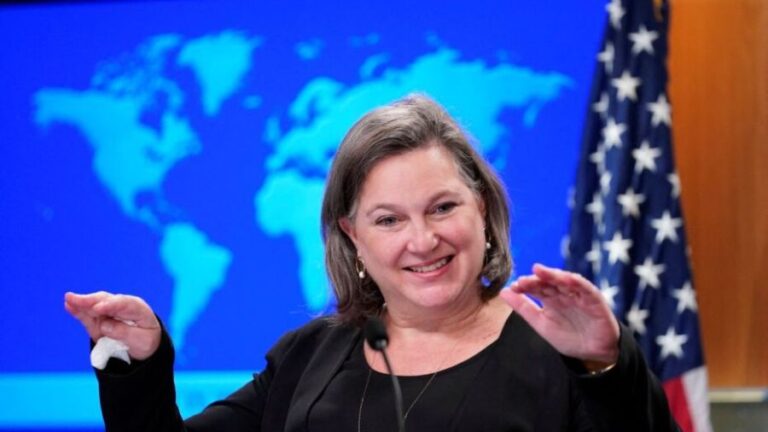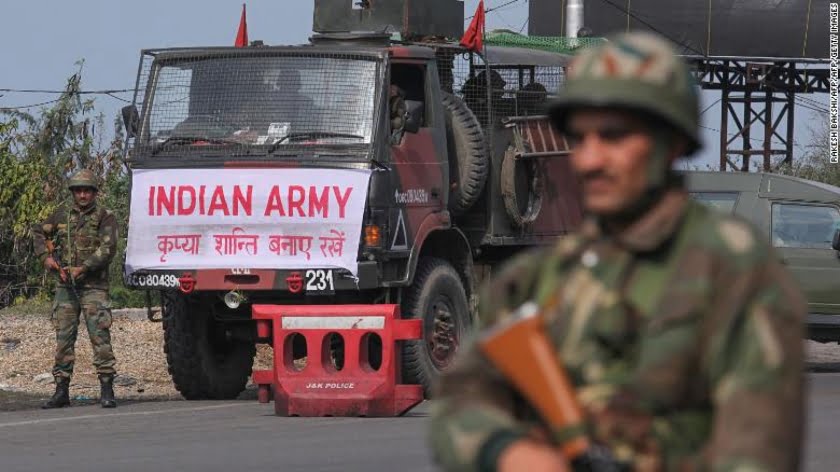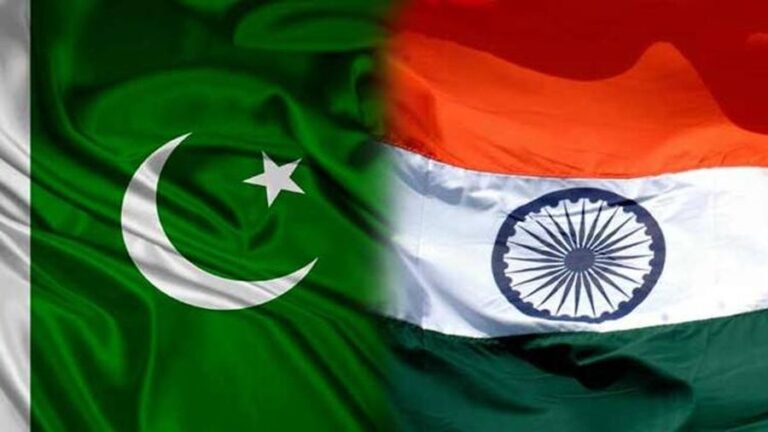Iran-US: Last Chance for a New Nuclear Deal
The United States has recently gone rapidly down a political slope towards its world-anticipated collapse. Nancy Pelosi’s hysterical visit to Taiwan, which triggered a new aggravation of the China-Taiwan confrontation, Washington’s gross escalation of global tensions over the Russia-Ukraine conflict and its direct involvement by providing intelligence to Ukrainian neo-fascists, the medical and economic crisis in the US itself, and pitting its protégé Israel against the Palestinians in Gaza have set a grim backdrop for negotiations on the nuclear deal with Iran. Nevertheless, the renewal of the Joint Comprehensive Plan of Action (JCPOA) is still under active discussion in Vienna, giving the world some hope for a happy outcome. The Iranian regime and the US administration, at least so far, are definitely still trying to revive the 2015 agreement, and a call has just been made to all international negotiators to resume nuclear talks with Iran.
In fact, indirect negotiations in Vienna between Tehran and Washington had already begun when a meeting was held between Iran’s chief nuclear negotiator, Ali Bagheri Kani, and Enrique Mora, Deputy Secretary-General of the European External Action Service. He returned to his negotiations between Bagheri Kani and the US special envoy to Iran, Robert Malley, trying to bring his “European” input to the possible signing of a new agreement on Iran’s nuclear program. In an article published by the Financial Times late last month, EU foreign policy chief Josep Borrell said he had submitted new proposals for the resumption of the JCPOA, which had provoked a mixed reaction in Tehran.
The senior EU official said that no further amendments could be made to the text, which had been under discussion for 15 months. He stated he expected a final decision from the parties “very, very soon”. Although some problems remained unresolved, Borrell announced the end of the talks, which raised concerns in Tehran and elsewhere. “What can be negotiated has been negotiated, and it’s now in a final text. However, behind every technical issue and every paragraph lies a political decision that needs to be taken in the capitals,” Borrell wrote on social media. “If these answers are positive, then we can sign this deal,” he added.
Before his departure for the Austrian capital, Malley indicated that he was preparing to resume negotiations. “Our expectations are in check, but the United States welcomes EU efforts and is prepared for a good faith attempt to reach a deal. It will shortly be clear if Iran is prepared for the same,” his social media post read. While Iran is busy studying the text, the Western media have gone so far in their menial favor that they have even personally set a deadline for Tehran. The Wall Street Journal strictly stated that the West expects an Iranian response by August 15, which could further complicate the situation with futile pressure and fruitless sanctions against the Iranians.
At the same time, IRNA quoted a number of Iranian diplomats as saying that Tehran was considering the proposal very carefully. “The European Union’s proposals were acceptable so long as they provide assurances to Iran on various points related to sanctions and safeguards,” Iranian diplomats said. The Islamic Republic seeks, and it is only natural, to get strong assurances that no future US president will renege on the deal if it is renewed, as then President Donald Trump did in 2018 by reinstating tough US sanctions against the Iranians. However, President Joe Biden cannot provide such “ironclad guarantees” because the JCPOA is only a “political agreement” deal, not a legal document falling under international law. This is precisely the kind of operation that the “dodgy democrats” cynically pulled off back in the day so as not to be accused of violating international laws. At the same time, the Joe Biden administration demagogically claims to be ready to quickly reach agreement on a renewed deal based on EU proposals. Iranian officials stress that they will convey their “additional views and considerations” to the EU, which is coordinating the negotiations, following consultations in Tehran with specialists and experts.
The Iran Times, referring to recent consultations between Iranian President Ebrahim Raisi and some leaders whose countries are still parties to the nuclear deal, concluded: “In all the phone conversations of Mr. Raisi with the presidents of France, Russia and China, his decisive position was that only when the claims regarding the Safeguards are settled, the final agreement can be reached.”
This could indeed be the happy ending that many world leaders wish for, if what is unofficially said turns out to be true. And unofficially, Tehran’s demand for Washington to remove the Islamic Revolutionary Guard Corps from its official blacklist of “foreign terrorist organizations” is said to have been withdrawn from discussion and the issue will be addressed “in the future”. At the same time it is said, though also unofficially, that Washington guarantees no future US president will be able to withdraw from the new agreement. But how this will be guaranteed in the US, no one knows. And the government in Tehran is well aware that the US is a country whose president is elected by its citizens and therefore no law can oblige any future president not to undo any agreements reached by the former leader.
The Iranians are quite experienced in politics, and are well aware of this fact. But according to many experts, it does not matter what happens in the future if the Tehran regime can immediately get its billions of dollars “frozen” in the US so far, plus huge sums for free oil and gas exports. But all this will only happen, quite naturally, once the JCPOA is signed and sanctions against Iran are lifted. And, at least as long as the Democrats are in power, it can be said that nothing bad will ever happen to the Iranians.
In the meantime, the Iranians will be able to arm the IRGC with the state-of-the-art weapons to make it a significant force in the region capable of blocking all efforts of the US and its creature Israel, Iran’s worst enemy, in the region. On this occasion, during a meeting in Tehran, IRGC chief Major General Hossein Salami told Palestinian Islamic Jihad (banned in Russia) Secretary General Ziyad al-Nakhalah that his country was committed to supporting his movement until the end. He affirmed that “all anti-Zionist” capabilities were “engaged in a united formation working for the liberation of Jerusalem and the protection of the legitimate rights of the Palestinian people.” According to the Iranian general, the confrontation between Iran and the West in the near future, even despite the expected signing of the JCPOA, will not only not weaken, but will cause new conflicts and new challenges from Tehran.
At the same time, the Iranian regime is sending signals through various channels that Washington should be aware that the coming hours in Vienna could be decisive. The Tehran Times quoted an anonymous Iranian diplomat as saying that the stability of the agreement lies in its balance. “Confidence for confidence. The alleged safeguards-related issues were created [by Washington] and have been continuing with political pressure and are political in nature. They must not be a pretext for future abuse against Iran,” the source said.
Iran has accurately calculated its policy and Biden’s problems, who faces enormous challenges ahead of the midterm elections, tacitly giving him time to make a dramatic decision before November. It is quite obvious that the White House badly needs some kind of victory before the elections, and the conclusion of a new JCPOA would be the best present for both Joe Biden and his Democratic Party, and his supporters across the United States. Apparently, as they say, the ball is now in the US court, and it is Joe Biden and his team who will have to make the difficult decision that will largely determine the future of the Middle East region.


